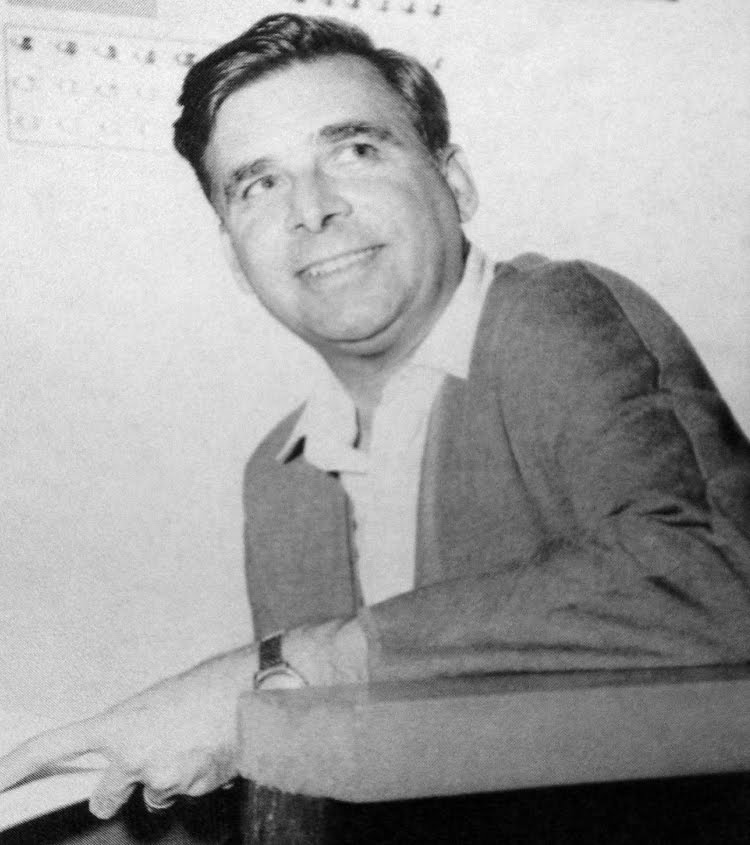In the well-known television series ‘Star Trek’ – especially in its later incarnation as ‘Star Trek – The Next Generation’ – humanity has reached a Utopian state where there is no longer any poverty, want, sickness or corruption. Yes, there’s death: everyone eventually dies and, even in the 24th Century, they haven’t yet solved that problem; however, due to the incredible advances of medical science, in some cases people live to the age of 120-130 years – barring accidents or death in military service – and then die peacefully in the knowledge of a life well lived.
Due to amazing advances in technology, everything that everyone needs is synthesised in a machine called a Replicator – a device foreshadowed by today’s 3D printers – food, items of clothing, tools, anything. So there is no need for money; instead of working for reward, the citizens of the time work towards bettering themselves.
Space for the expansion of the human species is now unlimited. Due to the interstellar propulsion system everyone knows as ‘warp drive’, the stars and their attendant planets are now accessible with only days’ worth of travel time. Overcrowding on public transport is unheard of because either everyone has their own personal flying transport or they use the matter-transporter for rapid point-to-point movement. All of this is generally perfectly safe.
Sure, there are enemies – everyone’s heard of the Klingons! – but these menaces are kept at bay by the deployment of advanced military technology aboard powerful starships, which are also used in peacetime for research and exploration, all for the good of humanity in general and not for profiteeering.
A Utopian paradise indeed. And many of the technologies envisioned by the creator of Star Trek – the late Gene Roddenberry (1921-1991) have indeed come to fruition in our time. 
Personal communication devices – very similar to our mobile phones. Intelligent computers that can hold conversations. Memory sticks. Laser-beam type weapons. 3-D Printers (Replicators), as I have mentioned above. There are even devices which he envisioned that are now obsolete even in our time, such as floppy discs. Roddenberry was a visionary who, interestingly enough, was also an atheist (in that there was a definite point in his life where he rejected the Judeo-Christian God) and believed firmly in humanism – the ability of the human species to better itself by its own efforts and without the help of any supernatural being.
And I love Star Trek. And, as with being a scientist (and actually the inspiration of Star Trek must carry a lot of the blame for that!), some who do not understand have asked me, “How can you be a Christian and love Star Trek? Surely the humanistic elements are anti-Christian?”
Well, let me say that as a Christian, I too believe in Roddenberry’s vision of a transformed humanity. I believe that there will be no more want, no more sickness, no more wars. I believe without a shadow of a doubt that this will happen.
But it will not happen through human effort, at least not by human effort alone. I believe that when the Kingdom of God comes in all its fulness, through Jesus Christ, that humanity will at last reach the perfection of Gene Roddenberry’s dream – and will indeed surpass it, and far beyond anything that Roddenberry ever dreamed.
There will be no more crying (except perhaps for tears of joy!), no more pain, no more sickness, and – beyond even Star Trek’s achievements – there will be no more death. The old order of things will pass away, ‘and God will wipe away every tear from their eyes’. God will live with humanity! Check out Revelation 21:3-4 for more on this.
You see, unless the bad parts of the human nature are dealt with – greed, lying, deceitfulness, cold-heartedness, love of power, and so on – unless these are dealt with, we can never have a Utopian society like that in Star Trek. (The unlimited power, speed and resource given by advanced technology would still be controlled by large corporations with greedy people at their heads, and not used – at least not for free – for the good of humanity).
And Jesus is the One Who can – and does – deal with the human nature within each of us and transforms us into the people who can indeed form – and cope with living in – such a society.
I say ‘cope with’, because being part of such a society involves each of its members doing his or her part in keeping it that way. Those who have not allowed their attitudes to be changed would find it very difficult to live in a society of such selflessness. It’s not about living according to a series of rules, though; no, if that were the case, we’d have solved the problems of society long ago by the millennia-worth of rules and laws we have, both religious and secular. No, this isn’t the answer – and it still won’t be the answer by the time of the 24th Century! The only answer is a change of the human heart, and that can only be achieved through Jesus. The transformation (gradual or immediate) of our thoughts, our attitudes, our habits, by the continual work of Holy Spirit Who lives within all who love Jesus and call Him Lord.
This is how Roddenberry’s vision of the future will be achieved. A great visionary, and a man to whom I owe a great debt. And a man whom I will incidentally honour by becoming a part of that Utopian dream that he had – but just not in the way he thought it would happen! The irony of Gene Roddenberry’s atheistic standpoint is not lost on me, nor is it lost on God.
But I know beyond a shadow of any doubt that that society will happen – and then some! – through Jesus. Praise God!


